6 GPTs for Language Proficiency Assessment Powered by AI for Free of 2025
AI GPTs for Language Proficiency Assessment refer to a specialized application of Generative Pre-trained Transformers that are designed or adapted to evaluate and improve language skills. These tools leverage the power of AI to analyze, understand, and generate human-like text, making them ideal for tasks related to language learning and assessment. They can simulate conversation, understand nuances in language usage, and provide feedback, thereby offering a tailored solution for assessing language proficiency.
Top 6 GPTs for Language Proficiency Assessment are: Arabic Mentor,English Reading Coach with API Integration,IELTS Speaking Coach,Amigo GPT,Word Weaver,Lingo Mentor
Arabic Mentor
Empowering Arabic Learning with AI
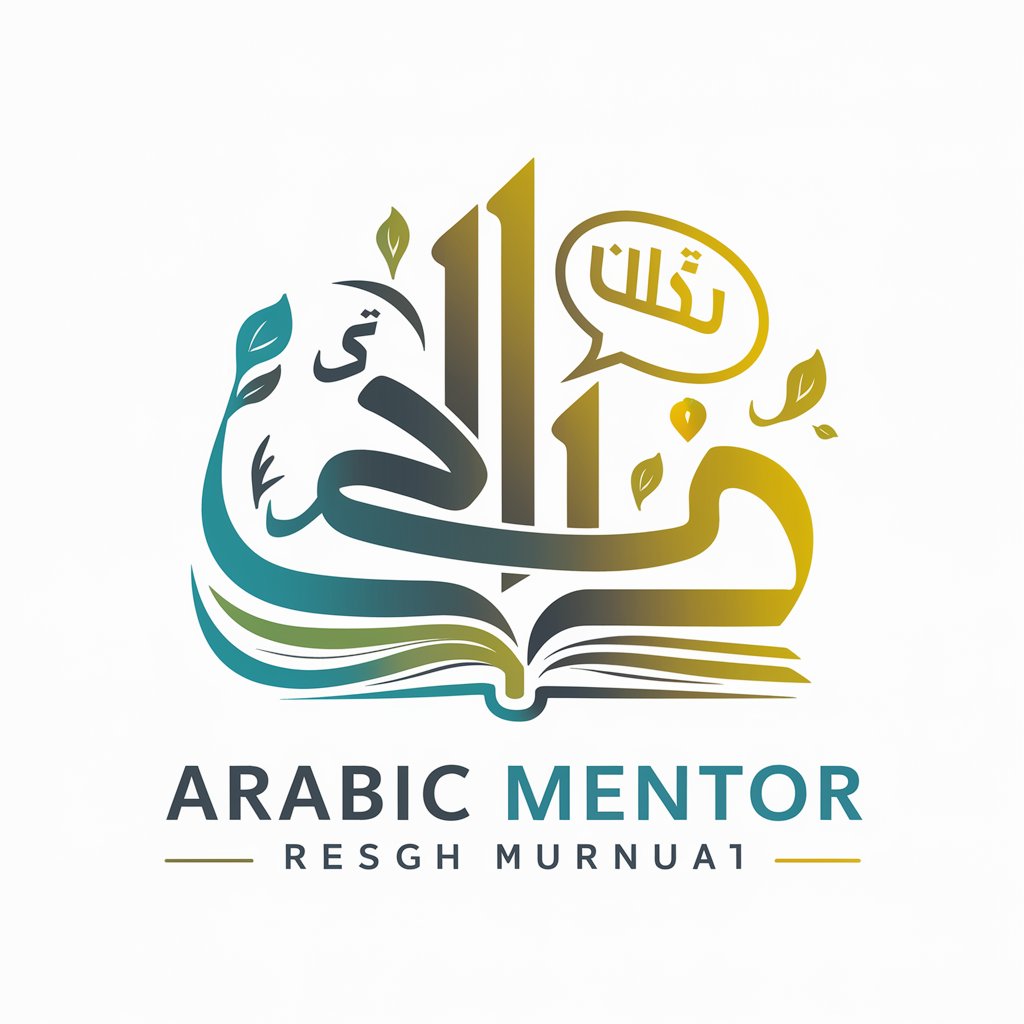
English Reading Coach with API Integration
Empower Your English with AI

IELTS Speaking Coach
Master IELTS Speaking with AI-Powered Coaching
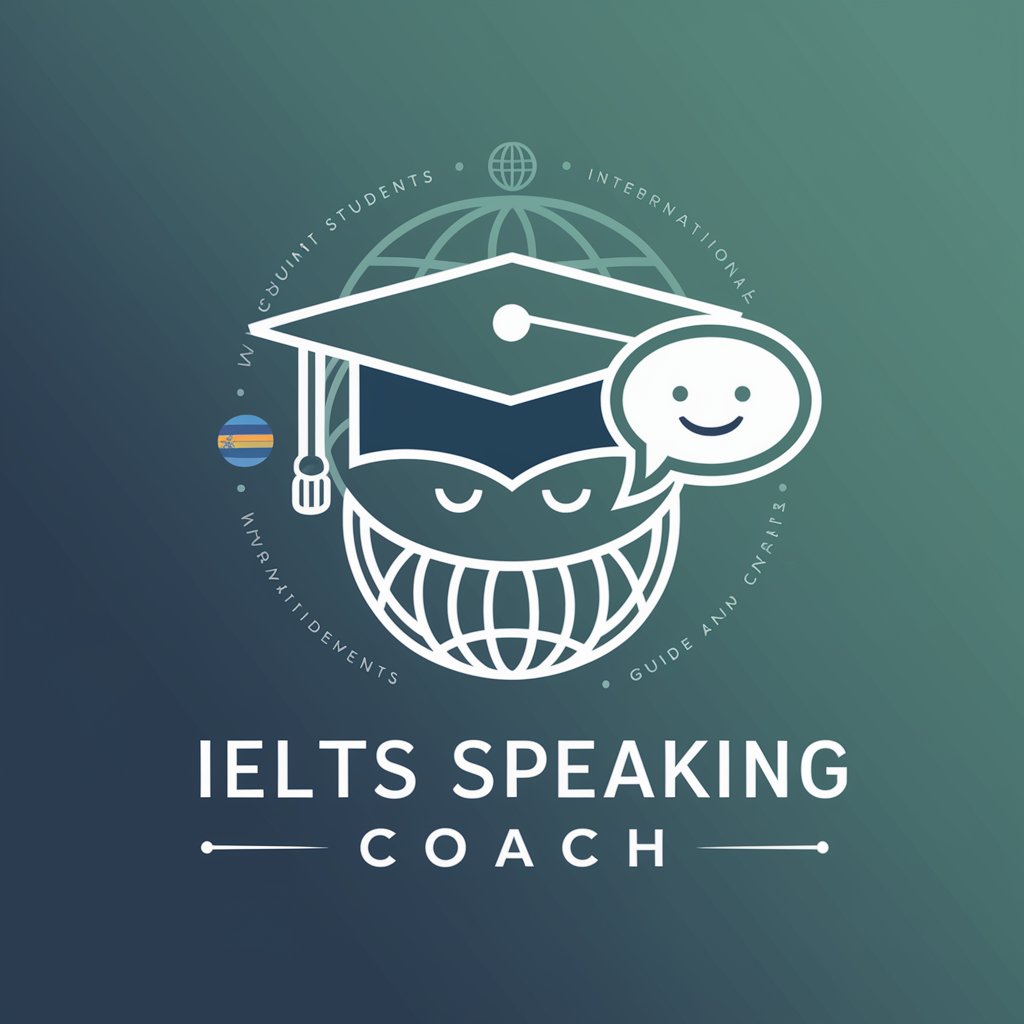
Amigo GPT
Master Spanish with AI-Powered Precision
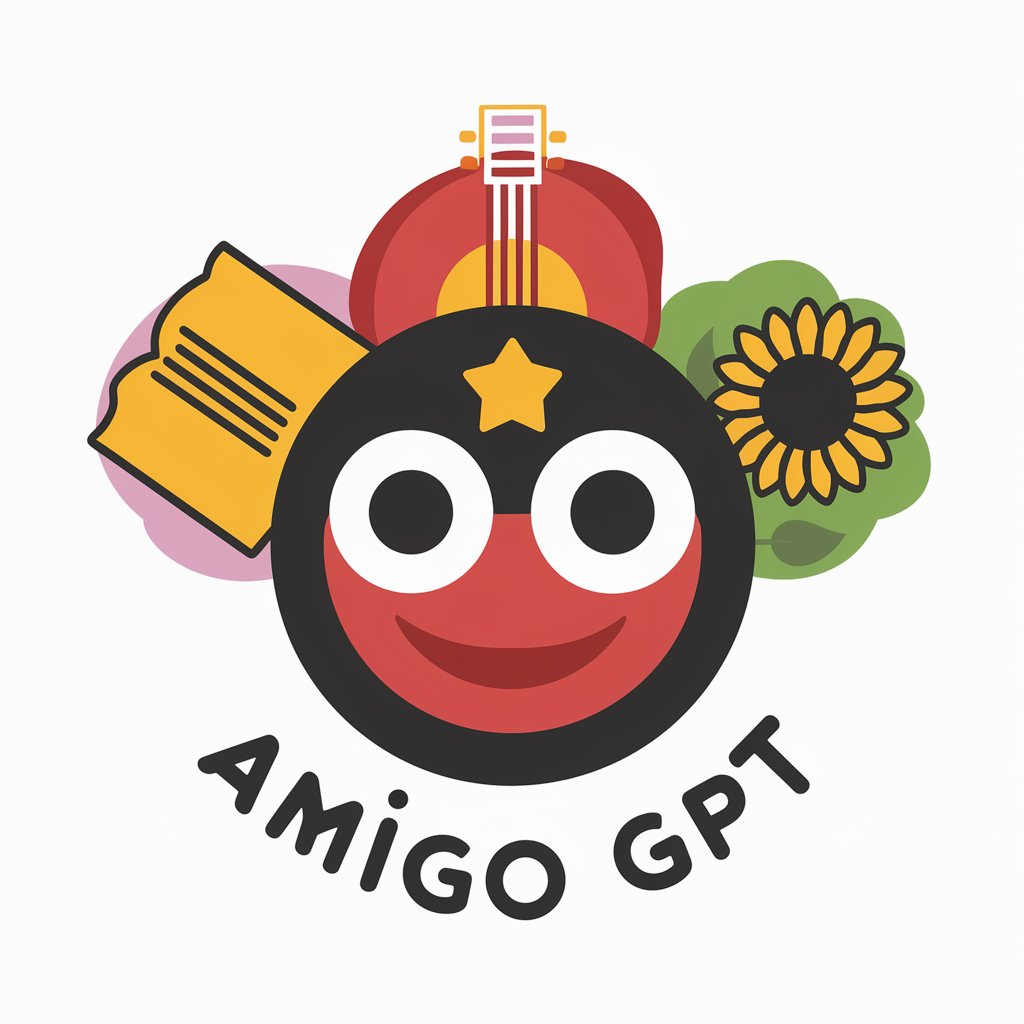
Word Weaver
Empower your vocabulary with AI
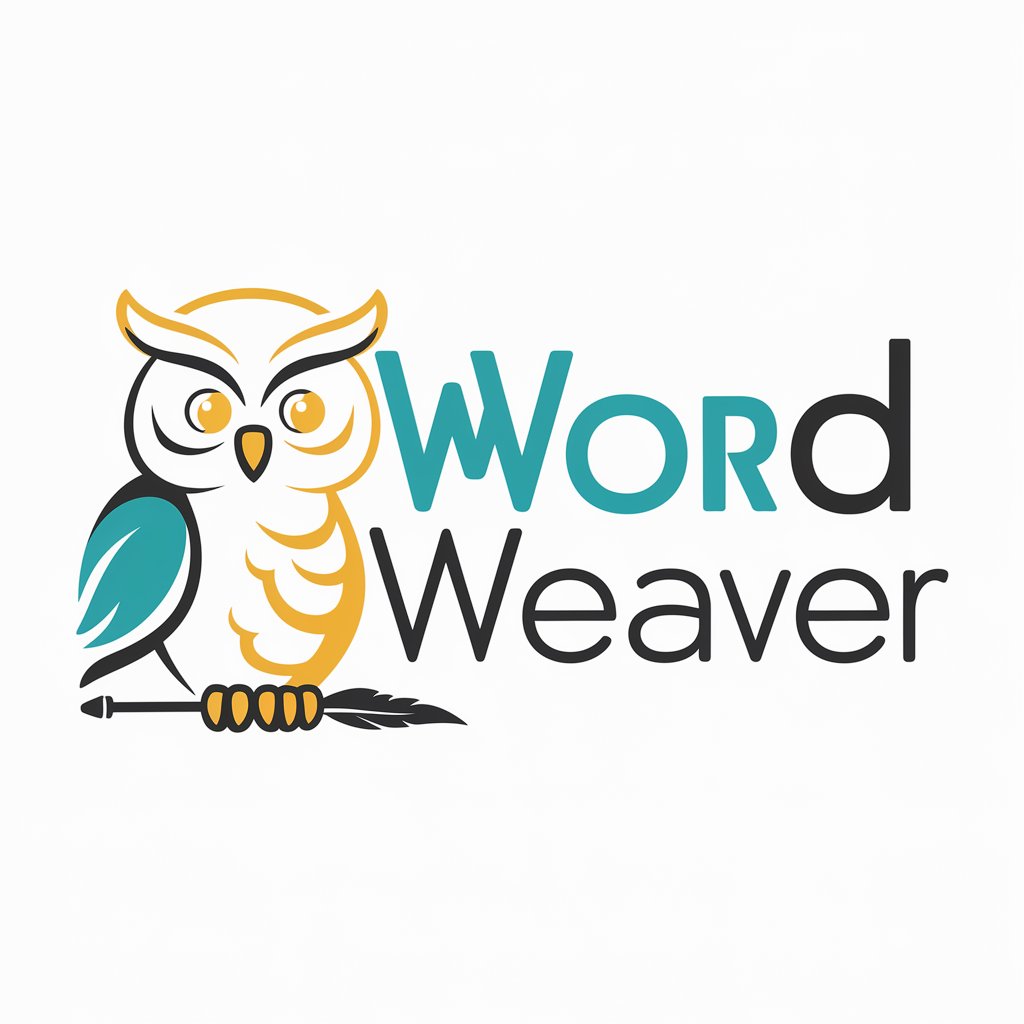
Lingo Mentor
Your AI Companion for Language Mastery
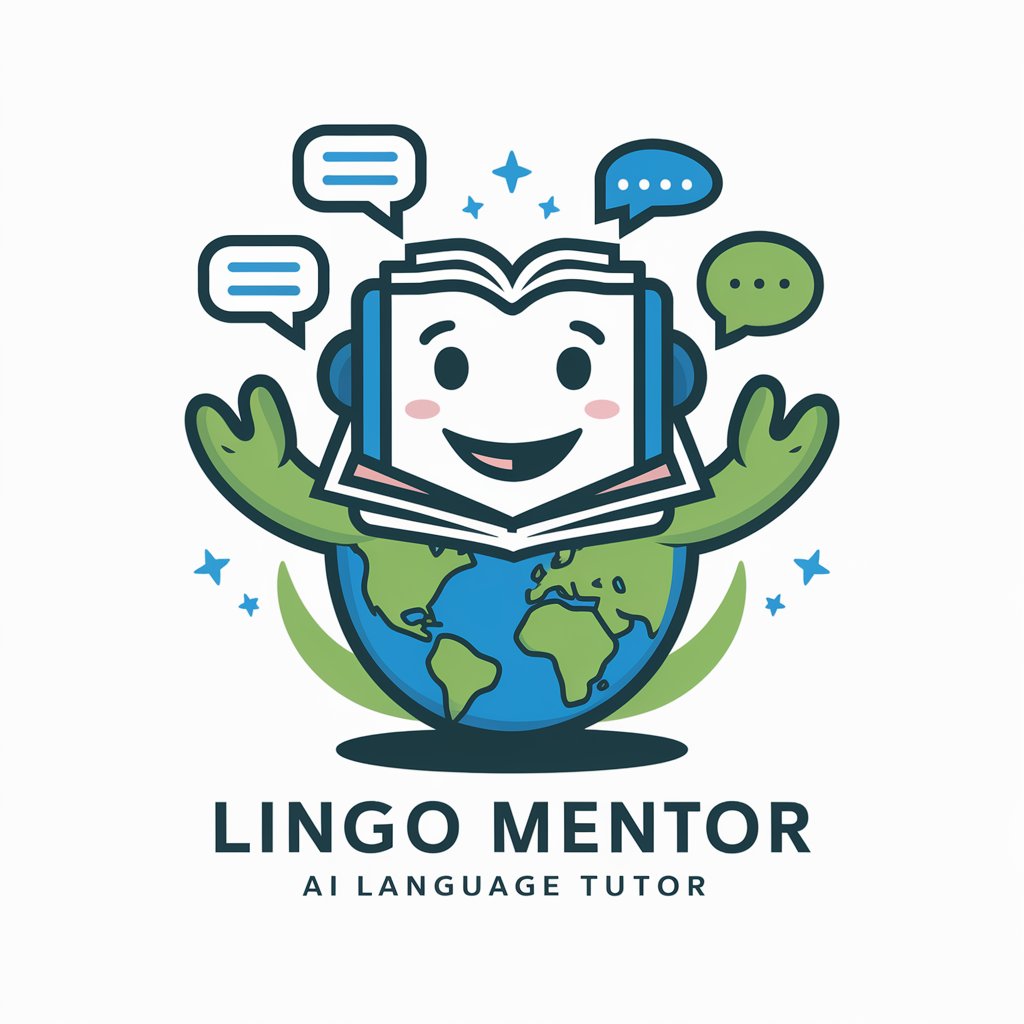
Key Attributes of Language Proficiency AI Tools
AI GPTs for Language Proficiency Assessment stand out for their adaptability across a spectrum of language-related tasks, from basic vocabulary testing to complex conversational understanding. Features include real-time language proficiency assessments, personalized feedback based on performance, and the ability to understand and generate text in multiple languages. These tools also support technical functionalities like data analysis, image creation related to language learning, and web searching for enriching language content.
Who Can Benefit from Language Proficiency AI
This suite of AI tools is designed for a wide range of users, including language learners, educators, and language assessment professionals. They are accessible to novices with no coding experience, thanks to user-friendly interfaces, while offering advanced customization options for developers and technologists in the educational sector. The flexibility of these tools makes them a valuable resource for anyone looking to enhance language proficiency assessment and learning.
Try Our other AI GPTs tools for Free
Cultural Context Learning
Explore AI GPTs for Cultural Context Learning: versatile tools for understanding and engaging with diverse cultures, featuring user-friendly design and advanced customizability for varied applications.
Code Optimization Consulting
Discover AI GPTs for Code Optimization Consulting: intelligent tools designed to enhance code efficiency and quality, tailored for both novice and expert programmers.
Symfony Development Training
Discover AI-driven GPT tools tailored for Symfony Development Training, designed to enhance learning, coding, and problem-solving in Symfony framework development.
PHP Code Troubleshooting
Revolutionize your PHP development with AI GPT tools. Experience efficient troubleshooting, optimized code, and user-friendly interfaces, suitable for all skill levels.
Symfony Bundle Integration
Discover the future of web development with AI GPTs for Symfony Bundle Integration, enhancing your projects with automated, intelligent solutions.
Application Performance Enhancement
Discover AI GPTs for Application Performance Enhancement: Intelligent, adaptable tools designed to optimize software applications, ensuring efficiency and robustness across various sectors.
Expanding Horizons with AI in Language Learning
AI GPTs for Language Proficiency Assessment are revolutionizing the way language proficiency is measured and improved. With capabilities ranging from simulating real-life conversations to providing analytics on language learning progress, these tools offer a comprehensive approach that is both innovative and effective. Their integration into existing educational frameworks can significantly enhance the learning experience, making language proficiency assessment more accurate and personalized.
Frequently Asked Questions
What exactly are AI GPTs for Language Proficiency Assessment?
They are AI-driven tools using Generative Pre-trained Transformers technology to evaluate and enhance language skills through understanding and generating text.
How do these AI tools adapt to different proficiency levels?
They automatically adjust the complexity of tasks and feedback based on the user's language proficiency, ensuring a personalized learning experience.
Can these tools provide real-time feedback?
Yes, they offer instant feedback on language exercises, enabling learners to quickly improve their skills.
Are these AI GPTs suitable for language educators?
Absolutely, educators can use these tools to supplement teaching materials, automate assessments, and provide personalized feedback to students.
Can non-technical users easily access these AI functionalities?
Yes, these tools are designed with user-friendly interfaces that require no coding skills, making them accessible to a broad audience.
How do these tools support multilingual language learning?
They can understand and generate text in multiple languages, offering support for learners and educators in diverse linguistic settings.
Is there a way to customize the assessment criteria?
Developers and advanced users can tailor the assessment parameters to meet specific educational goals or proficiency benchmarks.
What makes these AI tools different from traditional language learning software?
Their ability to generate human-like text, adapt to individual learning needs, and provide comprehensive language proficiency assessments sets them apart.